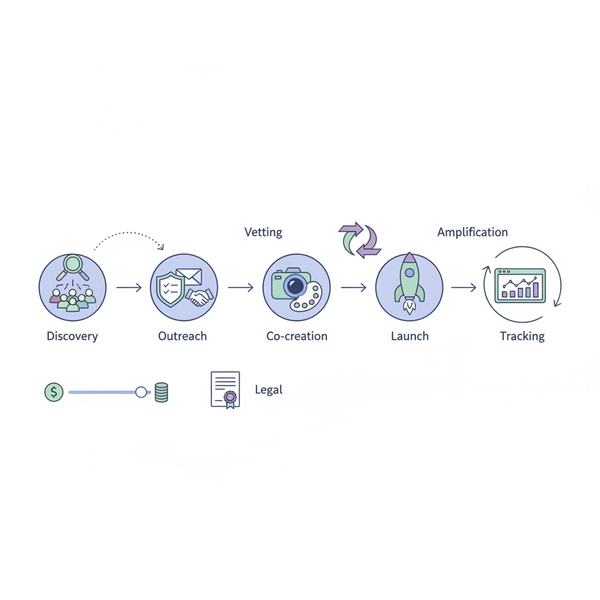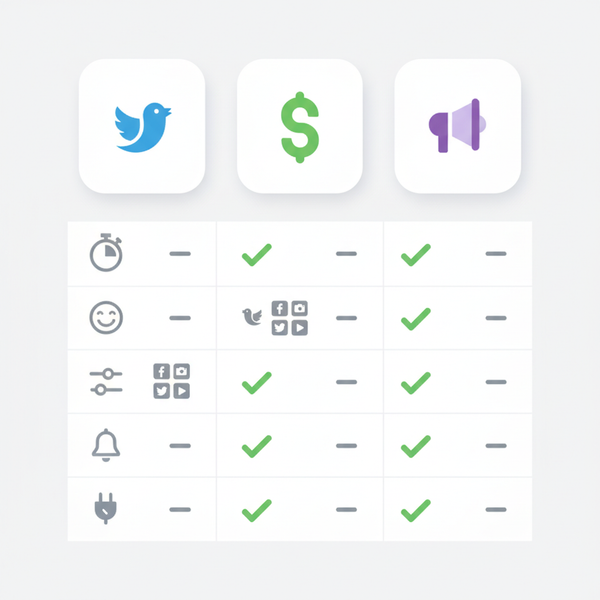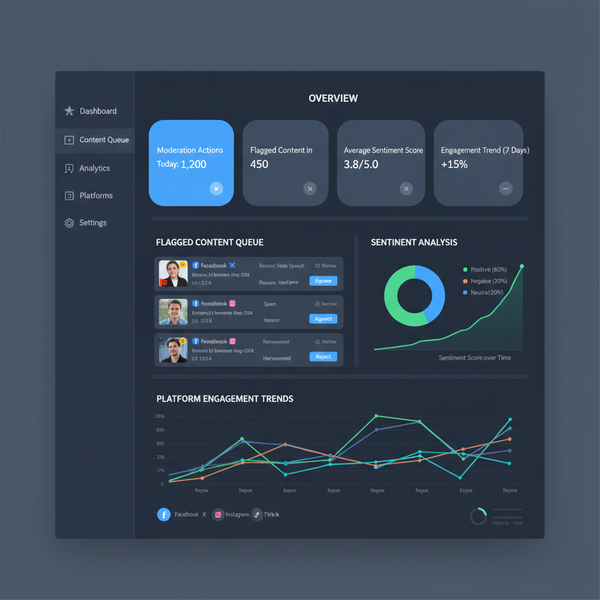Taking and Sharing Stunning Pictures on Social Media Apps
Learn how to take, edit, and share high-quality photos on social media with platform-specific sizes, lighting techniques, and consistent branding.
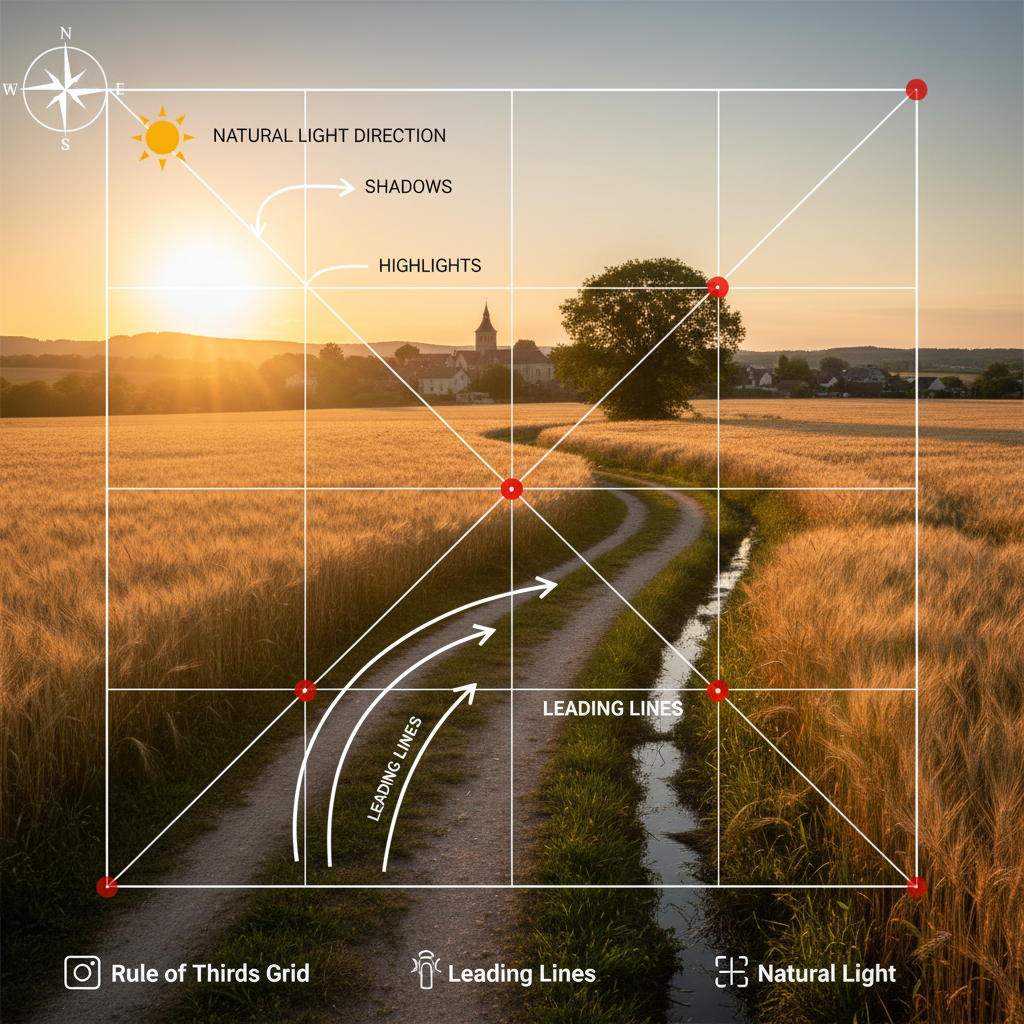
Taking and Sharing Stunning Pictures on Social Media Apps
Whether you’re a business owner, influencer, or casual creator, mastering the art of social media apps pictures can help you stand out and connect with audiences visually. In the competitive digital space, high-quality images boost engagement, showcase your brand’s personality, and can expand your reach. This guide covers technical specifications, creative techniques, editing, and strategic posting—so your visuals meet and exceed major platform expectations.

---
Understanding Image Requirements for Top Social Media Platforms
Each platform has specific recommendations for image sizes, aspect ratios, and compression. Following these guidelines avoids blurry uploads and preserves detail.
| Platform | Recommended Size | Aspect Ratio | Notes |
|---|---|---|---|
| 1080 x 1080 (square), 1080 x 1350 (portrait) | 1:1, 4:5 | Portraits get more screen space in feeds. | |
| 1200 x 630 | 1.91:1 | Cover photos differ: 820 x 312 px. | |
| TikTok | 1080 x 1920 | 9:16 | Always vertical, optimized for mobile. |
| 1200 x 675 | 16:9 | Cropped previews show in wide aspect. | |
| 1000 x 1500 | 2:3 | Vertical pins perform better than square. |
Use these dimensions when preparing your images to avoid awkward cropping or pixelation once uploaded.
---
Choosing the Right Camera Settings or Smartphone Modes
Modern smartphones can rival DSLRs when used correctly. Adjusting camera settings can greatly impact results:
- Resolution & Quality: Always capture at the highest resolution.
- HDR Mode: Balances exposure in tricky lighting.
- Portrait Mode: Creates depth-of-field and subject isolation.
- Pro Mode: Manual control over ISO, aperture, and shutter speed.
For DSLR/mirrorless:
- Use low ISO for clean images.
- Aperture f/2.8–f/5.6 for portraits; f/8–f/11 for landscapes.
- Ensure fast shutter speed to avoid motion blur.
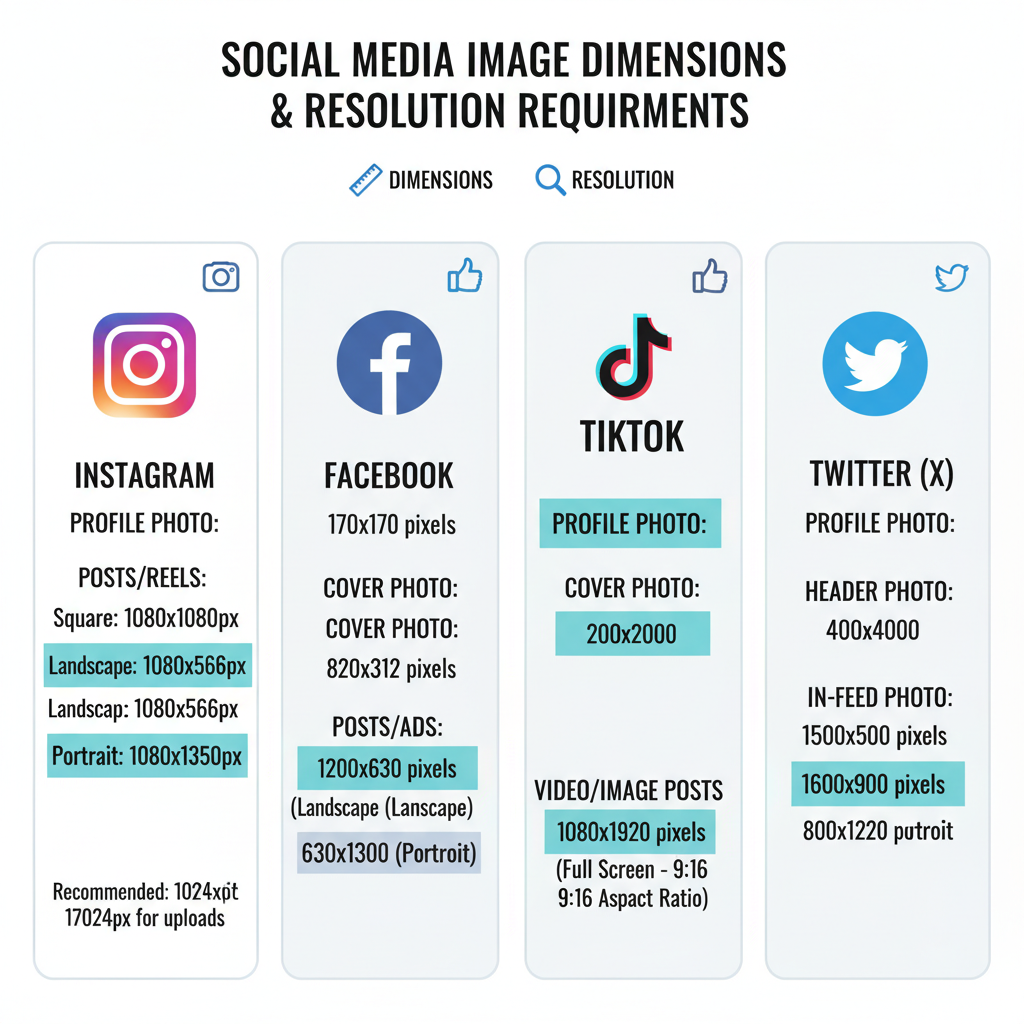
---
Using Natural Lighting to Enhance Color and Detail
Lighting shapes the mood of your image. Natural light—especially during golden hour—produces warm, flattering tones.
Tips for Maximizing Natural Light
- Position subjects facing light for even exposure.
- Avoid harsh midday sunlight; seek shade.
- Overcast skies provide soft, diffused light.
Artificial lighting can help, but balance color temperature for a natural feel.
---
Framing and Composing Shots with the Rule of Thirds and Leading Lines
Composition affects viewer engagement. The rule of thirds divides an image into nine sections for guided placement.
Applying the Rule of Thirds:
- Place key elements at intersection points.
- Employ negative space to emphasize focus.
Leading lines—roads, railings, or architecture—guide the viewer’s eyes dynamically toward the subject.
---
Editing Photos with Mobile Apps Without Overprocessing
Thoughtful editing elevates photos, but restraint keeps them authentic.
Recommended Mobile Apps:
- Lightroom Mobile – Advanced color and exposure adjustments.
- VSCO – Artistic filters with precision controls.
- Snapseed – Powerful selective editing.
Pro Tip: Maintain natural skin tones, moderate saturation, and light sharpening.
---
Incorporating Brand Colors and Consistent Filters
Consistency builds brand recognition. Align filters and palettes with your brand’s identity.
Steps:
- Identify core brand colors.
- Match them using color picker tools.
- Use the same filter/tone adjustments for all posts.
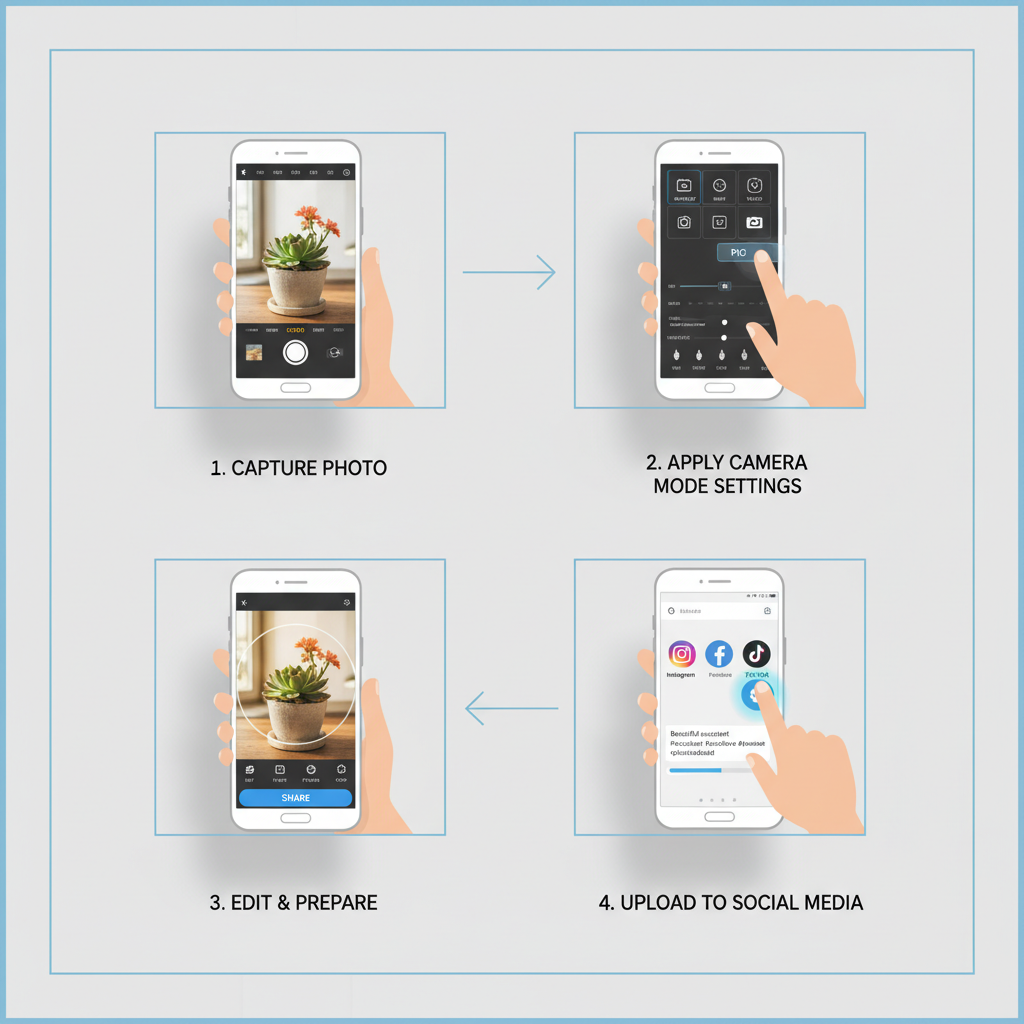
---
Resizing and Cropping Images to Match Each App’s Ideal Aspect Ratio
Resize and crop before posting to maintain composition integrity across platforms. Use Photoshop, Canva, or in-device editing tools.
Open photo → Select Crop tool → Choose preset aspect ratio → Adjust framing → SaveFollow aspect ratio guidelines to prevent awkward cuts.
---
Adding Subtle Text Overlays or Graphics for Context
Text overlays add meaning or branding while keeping visuals clean.
Good Practices:
- Select highly readable fonts with good contrast.
- Size text for mobile visibility.
- Align with the overall visual style.
Overlays perform well on Pinterest and Instagram Stories.
---
Scheduling Posts for Peak Engagement Times Per Platform
Proper timing amplifies content reach. Use automation tools like Buffer, Later, or Hootsuite.
| Platform | Best Times | Reason |
|---|---|---|
| 11 AM – 1 PM, Evenings | Users browse during lunch and post-work hours. | |
| 1 PM – 4 PM | Most active during midday and commuting hours. | |
| TikTok | Evenings | High entertainment consumption time. |
| 8 AM – 10 AM, Early Evening | Perfect for pre-work and after-dinner updates. | |
| Evenings, Weekends | Users plan projects during leisure hours. |
---
Encouraging Interaction with Creative Captions and Calls to Action
Captions convert viewers into engaged followers.
- Add narratives for relatability.
- Ask open-ended questions.
- Prompt actions like commenting or sharing.
Example: _"Which sunset shot do you love most? Tell us in the comments!"_
---
Tracking Performance with Analytics and Adjusting Strategy
Post-performance tracking helps refine strategy. Use native analytics from Instagram, Facebook, and TikTok.
Metrics to Monitor:
- Likes & Shares: Basic interest levels.
- Comments: Depth of engagement.
- CTR: For website or product links.
- Follower Growth: Indicates long-term success.
Focus on content styles that generate the best engagement results.
---
Final Thoughts
Taking and sharing exceptional social media apps pictures blends technical skill with creativity. By mastering platform image specs, lighting, composition, editing, branding consistency, and post timing, you can transform photos into powerful engagement tools. Monitor analytics, adapt your style, and keep your feed cohesive for stronger brand identity. Start applying these techniques today to make your next upload not just seen—but remembered.

